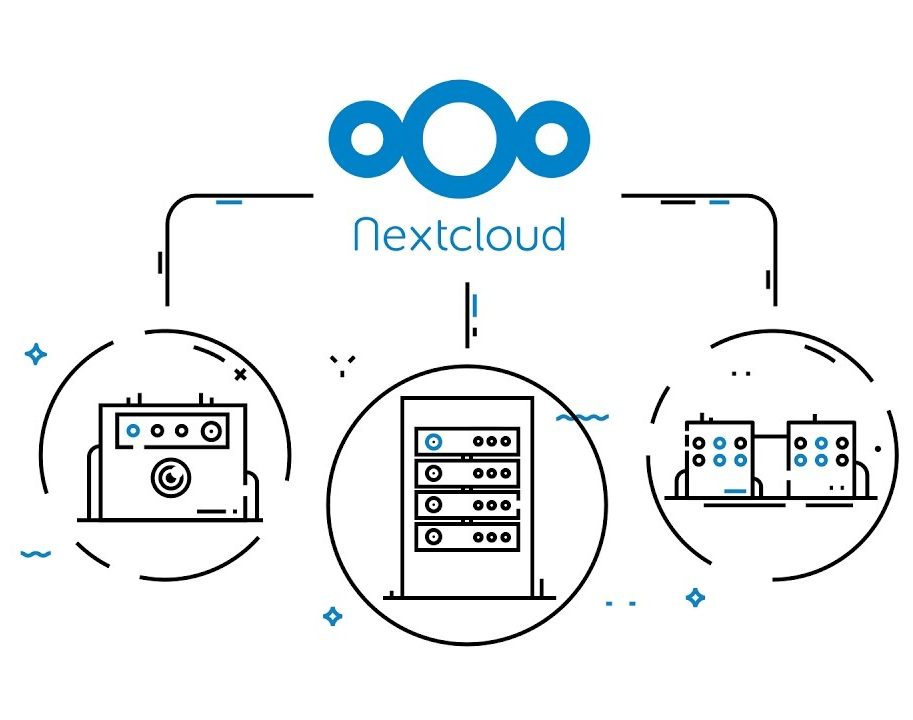In today’s rapidly evolving digital landscape, businesses need robust, scalable, and flexible infrastructure solutions to stay competitive. Kubernetes, an open-source platform for automating the deployment, scaling, and management of containerized applications, has emerged as a leading tool to meet these demands. Whether you’re running cloud-native applications or transitioning to microservices, Kubernetes offers several significant benefits for businesses of all sizes. In this blog post, we’ll explore the key advantages of adopting Kubernetes for your infrastructure.
1. Scalability and Flexibility
One of Kubernetes’ biggest strengths is its ability to scale applications automatically. Whether you need to handle a sudden spike in traffic or allocate more resources for a growing application, Kubernetes can manage these adjustments seamlessly. The platform can horizontally scale your applications, adding or removing containers based on real-time needs, without manual intervention. This level of flexibility ensures that your infrastructure can respond to dynamic changes in demand efficiently.
2. Efficient Resource Utilization
Kubernetes optimizes the use of computing resources by managing container placement across your infrastructure. It schedules workloads based on available resources, ensuring that your hardware and cloud services are used as efficiently as possible. This not only maximizes performance but also minimizes waste, allowing businesses to save on costs by using only the resources they need.
3. Portability Across Environments
In a world where multi-cloud and hybrid cloud strategies are becoming more common, Kubernetes offers portability across different environments. Whether your applications are running in private data centers, public clouds, or in a hybrid setup, Kubernetes enables seamless migration and management. This flexibility helps organizations avoid vendor lock-in and makes it easier to adopt new technologies without significant rewrites or reconfigurations.
4. Simplified Management of Microservices
As more organizations shift to microservices architecture, managing these distributed components can become complex. Kubernetes simplifies the deployment, monitoring, and scaling of microservices by providing built-in tools for service discovery, load balancing, and health checks. It orchestrates communication between microservices, ensuring that they can interact reliably and efficiently, reducing the operational overhead for development teams.
5. Self-Healing Capabilities
Downtime and application failures are costly for any business. Kubernetes provides self-healing capabilities that enhance the reliability of your infrastructure. If a container crashes or becomes unresponsive, Kubernetes will automatically restart it. If a node fails, Kubernetes will reschedule workloads onto other nodes. These built-in recovery mechanisms ensure that your applications remain available with minimal downtime.
6. Streamlined DevOps and Continuous Delivery
Kubernetes aligns well with DevOps practices and continuous integration/continuous delivery (CI/CD) pipelines. With Kubernetes, development and operations teams can collaborate more effectively, as it automates many manual tasks associated with deployment, scaling, and monitoring. This enables faster release cycles, reduces the risk of human error, and improves overall productivity.
7. Cost Efficiency and Resource Optimization
By optimizing resource allocation, Kubernetes can help businesses save on infrastructure costs. The platform ensures that applications only consume the necessary resources, and unused capacity can be reallocated to other workloads. Furthermore, Kubernetes enables you to run containerized applications on smaller, more cost-effective infrastructure, such as lower-cost cloud instances, while maintaining performance.
8. Enhanced Security
Kubernetes offers several features that contribute to a more secure environment for containerized applications. Role-based access control (RBAC) ensures that only authorized personnel can access certain resources or perform specific actions. Kubernetes also supports secrets management, enabling encrypted storage of sensitive data such as API keys and passwords. With its robust security model, Kubernetes helps protect your infrastructure from unauthorized access and data breaches.
9. Community and Ecosystem Support
Kubernetes has one of the most active open-source communities, with a vast ecosystem of tools and extensions. Whether you need to integrate monitoring, logging, networking, or security tools, Kubernetes offers countless integrations through its ecosystem. Additionally, the strong community ensures that Kubernetes continues to evolve, with regular updates, improvements, and new features being introduced.
10. Future-Proofing Your Infrastructure
As businesses increasingly adopt containerization, Kubernetes has established itself as the de facto standard for container orchestration. By leveraging Kubernetes, organizations future-proof their infrastructure, ensuring they stay ahead of technological trends and can easily adopt new innovations. Kubernetes is supported by major cloud providers and is constantly evolving to meet the needs of modern applications.
Conclusion
Kubernetes is more than just a buzzword in the tech world—it’s a transformative technology that offers scalability, flexibility, cost efficiency, and improved operational management. Whether you’re managing microservices, ensuring high availability, or looking for a platform that can grow with your business, Kubernetes provides a robust solution for modern infrastructure needs. By adopting Kubernetes, businesses can gain a competitive edge, reduce operational complexity, and build a more resilient IT environment.
If you haven’t yet explored Kubernetes for your infrastructure, now might be the perfect time to dive in and take advantage of its many benefits.
🔹 Looking for a reliable Kubernetes hosting provider?
At MackNet, we offer fully managed Kubernetes services tailored to your business needs. Whether you need cloud migration, security monitoring, or automated scaling, we’ve got you covered!
📩 Contact us today for a Kubernetes consultation.
